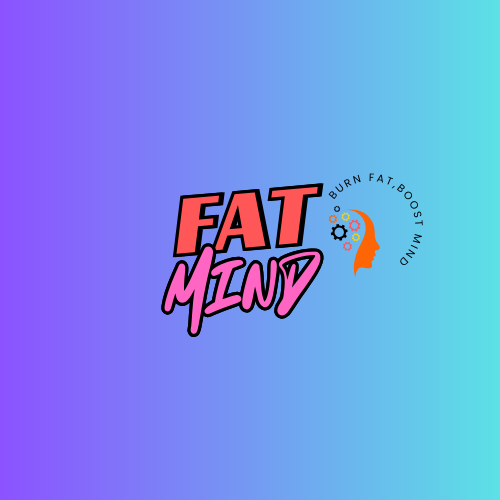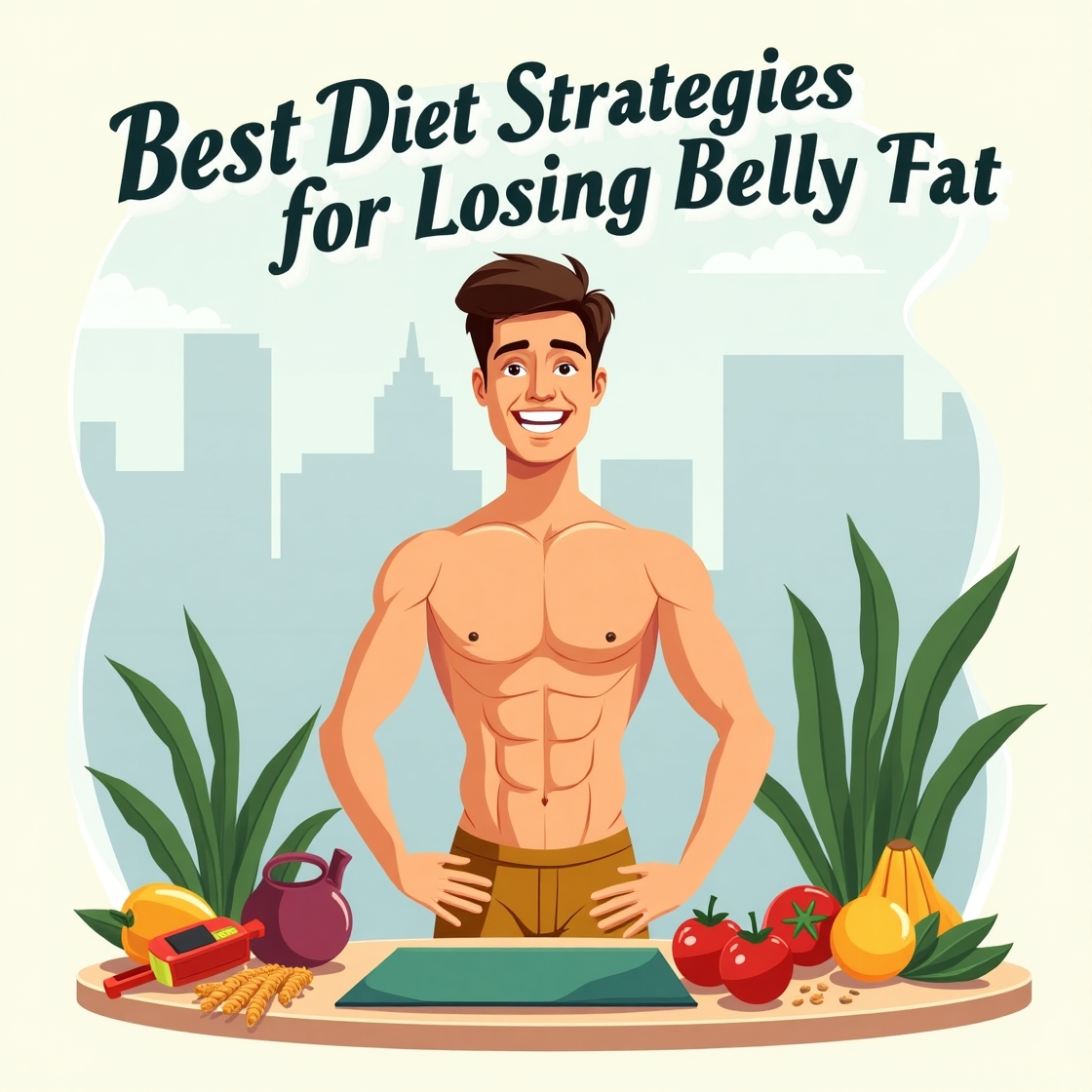Introduction: Why Diet Matters More Than Exercise for Belly Fat Loss
Losing belly fat isn’t just about looking good it’s about improving overall health. Excess abdominal fat is linked to heart disease, type 2 diabetes, and mental health issues like anxiety and depression.
While exercise is important, diet plays a bigger role in reducing belly fat. Studies show that 80% of weight loss success comes from diet, while only 20% is exercise-related. This article will explore the best science-backed diet strategies to help you burn belly fat effectively.
The Science Behind Belly Fat and Diet
1. Understanding the Two Types of Belly Fat
- Subcutaneous fat: The soft fat under your skin, not as harmful.
- Visceral fat: Surrounds internal organs and increases the risk of disease.
- Diet plays a key role in reducing visceral fat, leading to better overall health.
2. The Role of Hormones in Belly Fat Storage
- Insulin: High insulin levels promote fat storage.
- Cortisol (Stress Hormone): Triggers cravings for sugary, high-fat foods.
- Leptin & Ghrelin: Control hunger and satiety poor diet disrupts their balance.
The Best Diet Strategies to Lose Belly Fat
1. Prioritize Protein for Fat Loss
- Increases metabolism and muscle retention while burning fat.
- Reduces cravings by keeping you full longer.
- Best sources: Eggs, lean meats, fish, Greek yogurt, tofu, legumes.
2. Reduce Refined Carbs and Sugar Intake
- High-carb diets cause spikes in insulin, leading to fat storage.
- Sugar leads to higher calorie intake and increases visceral fat.
- Replace refined carbs with whole grains, vegetables, and fiber-rich foods.
3. Focus on Healthy Fats Instead of Low-Fat Diets
- Healthy fats help reduce cravings and improve hormone regulation.
- Best sources: Avocados, olive oil, nuts, seeds, fatty fish (salmon, tuna).
- Avoid trans fats (found in processed foods), as they increase belly fat storage.
4. Eat More Fiber for Appetite Control
- Soluble fiber (found in oats, flaxseeds, and vegetables) slows digestion and helps you feel full.
- Insoluble fiber (found in whole grains and nuts) improves digestion and gut health.
- Aim for 25–30g of fiber per day for optimal belly fat loss.
5. Manage Portion Sizes and Caloric Intake
- Belly fat loss requires a caloric deficit (burning more calories than consumed).
- Track portions and avoid overeating, even with healthy foods.
- Use smaller plates and mindful eating techniques to prevent excess intake.
6. Hydrate Properly to Support Metabolism
- Drinking water before meals can naturally reduce calorie intake.
- Staying hydrated prevents bloating and improves digestion.
- Avoid sugary drinks and alcohol, which contribute to belly fat.
7. Follow a Time-Restricted Eating Pattern (Intermittent Fasting)
- Intermittent fasting (IF) helps reduce insulin levels and increases fat burning.
- Popular methods: 16:8 method (16-hour fast, 8-hour eating window) or 5:2 method (eat normally 5 days, reduce calories 2 days).
- Studies show IF can reduce visceral fat by up to 7% in a few months.
8. Improve Gut Health for Better Fat Loss
- A healthy gut microbiome improves digestion and fat metabolism.
- Eat probiotic-rich foods: Yogurt, kefir, sauerkraut, kimchi, miso.
- Add prebiotic foods like garlic, onions, and bananas to support gut bacteria.
Foods to Eat and Avoid for Belly Fat Loss
Best Foods to Eat
- Lean proteins (chicken, fish, tofu)
- Leafy greens (spinach, kale, lettuce)
- Whole grains (quinoa, oats, brown rice)
- Healthy fats (avocados, olive oil, nuts)
- High-fiber foods (legumes, chia seeds, flaxseeds)
- Probiotic-rich foods (yogurt, kefir, kimchi)
Foods to Avoid
- Sugary drinks (soda, fruit juice, sweetened coffee)
- Processed snacks (chips, cookies, fast food)
- Trans fats (found in margarine, fried foods)
- White bread, pasta, and refined grains
- Alcohol (excess consumption increases belly fat)
Conclusion: The Key to Long-Term Fat Loss
Losing belly fat isn’t about crash diets it’s about sustainable, long-term eating habits. By prioritizing protein, fiber, healthy fats, and hydration, while reducing sugar and processed foods, you can effectively burn belly fat and improve your overall health.
Next Steps:
Read More: [How Stress Affects Belly Fat and Weight Gain]
Try This: [Best Workouts to Combine with a Healthy Diet for Maximum Fat Loss]

